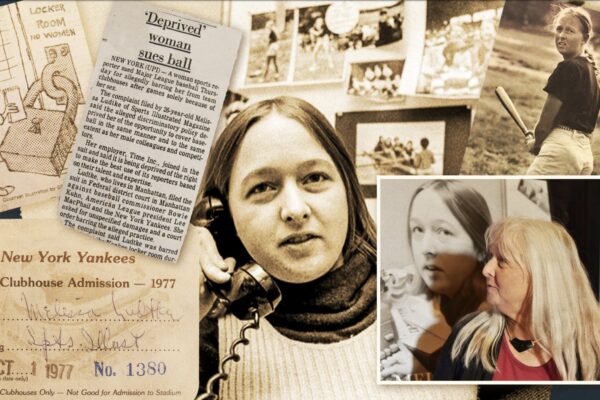By Mike Williams | @MikeWritesSport
Sports Capital Journalism Program
INDIANAPOLIS — Before expressing his thoughts on the state of college basketball, former vice president of Pacers Sports & Entertainment Bill Benner gave some thoughts on the passing of longtime Associated Press writer Jim O’Connell, who friends and colleagues, for decades, referred to as Oc.
“Oc was the most Hoosier non-Hoosier ever,” Benner said. “He simply loved the game. He was very knowledgeable. He was very forthright.”
Benner, who for decades was a reporter and columnist at the Indianapolis Star, also had fond memories of a slight Brazilian basketball player that the two grew to respect during the 1987 Pan American Games at Indianapolis. “Oc and I never really experienced Oscar Schmidt,” Benner said of the player who scored 46 points in Brazil’s shocking, come-from-behind 120-115 victory over the United States in the gold medal game at the old Market Square Arena.
“We fell in love with the guy,” Benner said. “We both followed him through the remainder of his international career.” That was nearly a decade later, during the Olympic Games at Atlanta in 1996.
When asked about his thoughts on the current state of college basketball, Benner expressed his inner conflict when looking at paying NCAA players. “I’m the old ‘get off my lawn’ guy,” he said. Benner believes that college athletics should be for college students. “I’m conflicted, however,” he said. “Because I also believe in freedom.” Benner expressed his belief that a player coming out of high school should be able to take advantage of the opportunities.
Benner provided two examples of his point. Romeo Langford of Indiana University was referenced as a player who fits the mold he described as “a player with immense skills and a well-known profile.” Benner also referred to Pacers center Myles Turner, a fourth-year professional who would have been a senior at the University of Texas last year had he not entered the draft in 2015 after his freshman season. Turner recently signed a four-year extension valued at $72 million.
“You wouldn’t want to take away that opportunity from Myles Turner,” Benner said. “I would also submit that Myles Turner, although only spending one year in college, is as fine a young man as you would ever want to encounter.”
Benner pointed out that there is value in a college degree, which is what athletes would earn if they complete four years in college. “As a father who has paid for two college educations,” he said, “I understand the value of a college education…as we talk about likenesses and ‘cashing in’, I think there needs to be a greater understanding of a college education.” Benner said that for the “average athlete” who won’t be a professional athlete, the opportunity to trade your athletic ability for a college education is a “really good deal.”
Benner doesn’t like the NBA’s “one-and-done” rule. He would like to see a system such as the one in Major League Baseball, which gives talented high school players the option of signing contracts with professional organizations, sometimes with bonuses for educational expenses. “There ought to be some kind of a minor league,” Benner said. “Maybe the G-League is going to be that minor league for these kinds of kids who want to test the waters.”


